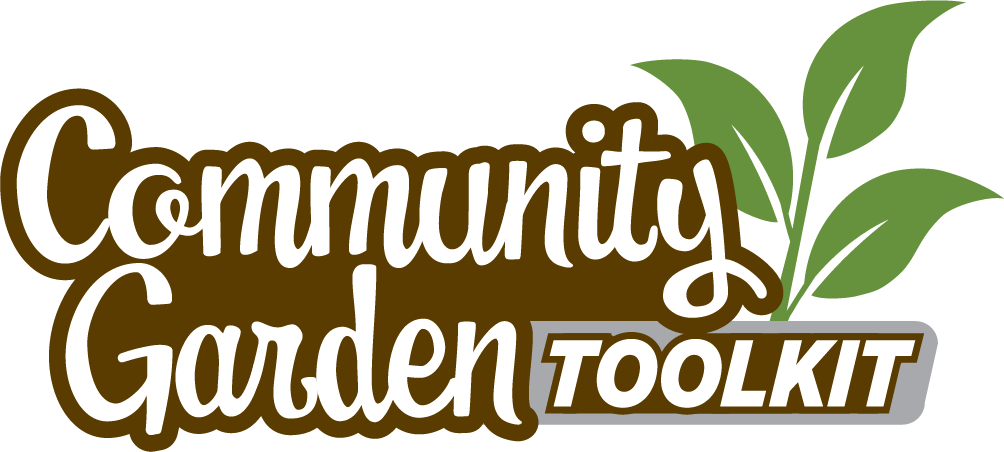Who This Community Garden Toolkit Is For and How It Benefits You
Community gardens are more than just plots of land where vegetables grow—they are hubs of connection, nourishment, and resilience. This toolkit is designed for anyone eager to cultivate green spaces, whether you’re an individual looking to start a garden, a neighborhood group seeking to transform an empty lot, or an organization striving to foster sustainability and food security in your community.
Who Will Benefit From This Toolkit?
- Aspiring Gardeners and Community Members – If you’ve ever dreamed of growing your own food but aren’t sure where to start, this toolkit offers step-by-step guidance. It covers soil preparation, plant selection, maintenance, and even strategies for engaging your neighbors.
- Neighborhood Associations and Community Groups – Community gardens are catalysts for neighborhood revitalization. This resource will help you secure land, organize volunteers, and create a shared vision that strengthens community bonds.
- Nonprofits and Urban Agriculture Organizations – If your mission includes food justice, sustainability, or community building, this toolkit will help you scale your impact. It includes tips on securing funding, applying for grants, and ensuring long-term success.
- Faith-Based Organizations – Churches, mosques, and synagogues often seek ways to serve their communities. This guide provides insights into how faith-based groups can establish gardens to feed those in need, foster fellowship, and provide spaces for reflection and connection.
- Educators and Schools – School gardens offer hands-on learning experiences in science, nutrition, and environmental stewardship. This toolkit provides templates for lesson plans, funding strategies, and best practices for sustaining a school garden program.
- Municipalities and Local Governments – Whether you’re a city planner, a parks and recreation director, or an advocate for green spaces, this toolkit provides guidance on zoning, land use policies, and how to support community-led gardening initiatives.
- Businesses and Corporate Social Responsibility Programs – Companies looking to engage employees in volunteerism or corporate giving can find ways to support local community gardens. From sponsorship opportunities to team-building volunteer days, this toolkit outlines how businesses can make a meaningful impact.
What This Toolkit Offers
- Clear, Practical Steps – Starting a community garden can seem daunting, but this guide breaks it down into manageable tasks. From site selection to organizing a garden committee, you’ll have a roadmap to follow.
- Templates and Checklists – Need a land use agreement template? A sample garden budget? A gardener application form? We’ve got you covered with ready-made resources to streamline the process.
- Conflict Resolution and Community Engagement – A community garden is as much about people as it is about plants. This guide helps navigate common challenges such as garden maintenance, volunteer burnout, and group decision-making.
- Sustainability and Growth – Learn how to ensure your garden thrives beyond its first season. The toolkit includes strategies for fundraising, grant writing, and building partnerships with local businesses, schools, and governments.
- Food Security and Environmental Impact – Many community gardens address issues like food deserts and urban heat islands. This guide provides insights into maximizing your garden’s impact on food access, biodiversity, and environmental sustainability.
Why This Toolkit Matters
A well-planned community garden isn’t just a space for growing food—it’s a place where friendships form, knowledge is shared, and communities flourish. Whether you’re planting the first seed or tending to an established garden, this toolkit provides the essential tools to make your project successful, impactful, and deeply rooted in the needs of your community.
